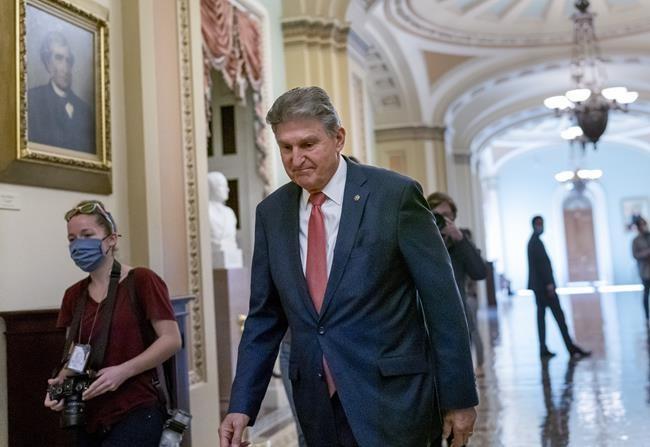Commentary
The first midterm election after a presidential election is most often a referendum on the new president and his party, along with a natural pendulum swing toward the other side. Rarely do individual issues dominate such races. The 2022 midterms, however, could well be different.





